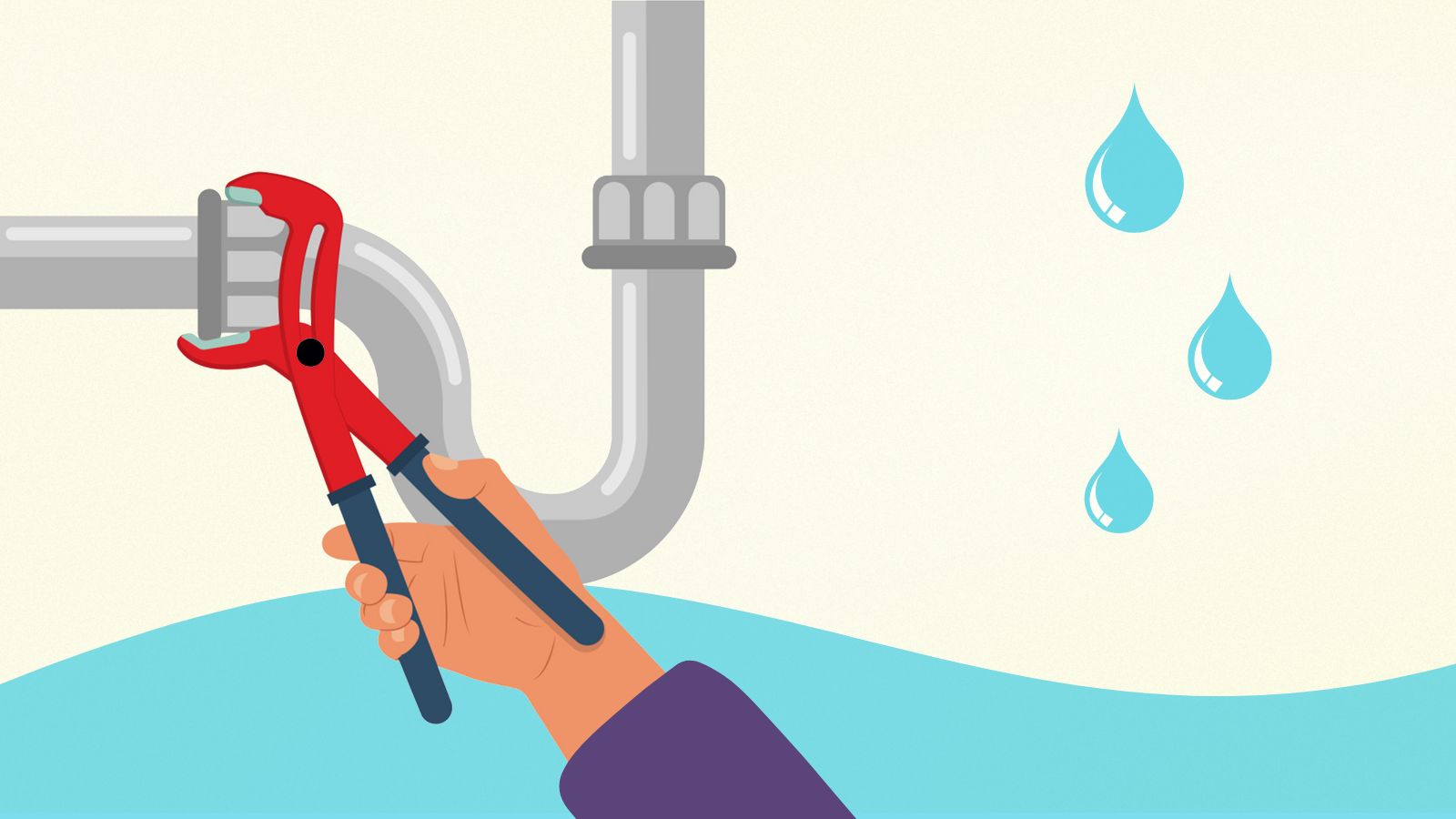
We’re running a campaign to help consumers avoid things going wrong with any plumbing jobs that need doing at home.
The first and most important message is to always use a licensed plumber!
Avoid DIY
It can be risky to take on a plumbing job yourself. You could make things worse and end up with severe leaks or other problems if you’re not a skilled plumber. This could add significant cost to your plumbing repair bill. Unlicensed and illegal work may also impact insurance claims.
It’s usually best to hire a licensed plumber so the job can be done safely and to a suitable standard.
Check their licence
Before you hire a plumber make sure they have a licence for the type of job you want them to do.
For straight forward plumbing jobs check that they have a plumber’s licence. But if you’re wanting to do some major renovation work - like a new bathroom or kitchen - you’ll need to hire someone with a builder’s licence which allows them to coordinate the whole process.
You can check if the plumber or builder is licensed by:
- asking to see their digital licence on their phone or tablet
- checking their plastic licence card
- looking up their licence details on the licensing register
- phoning Consumer and Business Services (CBS) on 131 882.
Licensed tradespeople need to meet a minimum standard to gain a licence or registration with CBS. This vetting process helps to protect consumers.
If you find a tradie who does not have a licence, please report them to CBS. The tradie could be breaking the law by operating unlicensed. Anyone who operates without a licence or works outside their licence conditions could face penalties of up to $20,000.
Check their reputation
Ask your friends and family which tradespeople they have used in the past and if they were happy or not with the plumber. You can also check independent reviews online.
Get three quotes
Some plumbers charge thousands of dollars more than others. So before you agree to hire a particular plumber, ask for quotes from three different businesses so you can compare prices.
Make sure each quote lists the tasks that the plumber will do.
In some cases plumbers have asked consumers to sign to accept a quote on an electronic device, but the quote has not included a price and has only given a vague description of the work.
Before you agree to any work:
- make sure you have your own copy of the quote with the price and list of tasks that the plumber says they will do.
- check that the price is fixed.
If urgent plumbing work is needed at night or on the weekend you might feel you can’t wait for three quotes. However, it’s still a good idea to call three plumbers to discuss the problem and ask for an indicative price, to avoid bill shock at the end.
If the plumber finds another problem while they’re on site, they should notify you of the issue and any additional costs in writing. They must seek your approval before proceeding with any work over and above the original quote.
Avoid large payments in advance
Don’t pay too much in advance to the plumber. If the business closes you might lose the money you have already paid to them.
- For smaller jobs plumbers usually only require payment at the end of the job.
- For bigger plumbing jobs a maximum 10% deposit is recommended.
- For major building projects the maximum deposit allowed by law is $1,000 for a contract valued between $12,000 up to $20,000. A maximum deposit of 5% of the contract price is allowed for contracts $20,000 or more. You can also be asked to pay for third party expenses in advance – e.g. planning approvals and building indemnity insurance.
Make sure the amount the plumber or builder asks you to pay is the same as the amount on the quote or contract.
They must also give you a proof of purchase – e.g. a receipt.
For more information
For advice about building or renovating projects see the guide Building, extending & renovating a home.
See the Easy Read brochure for advice about Hiring a tradesperson.


